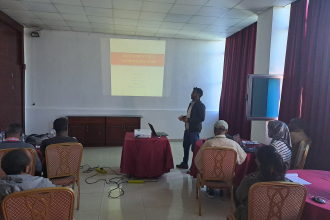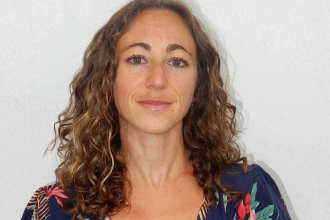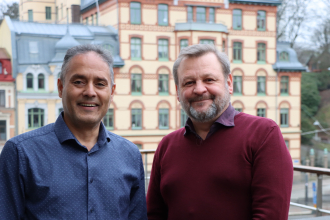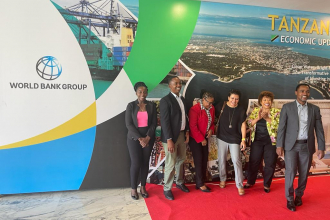Poverty and gender considerations in marine spatial planning
Summary
The report provides a framework for ensuring that marine spatial planning (MSP) does not worsen poverty and gender inequality in developing countries, and that potentially marginalised groups are appropriately considered and engaged in the MSP process.
This report provides guidelines for the steps of a more inclusive MSP process.
The findings indicate that a scorecard can be used to guide the social sustainability of the MSP process. The criteria in the scorecard include:



